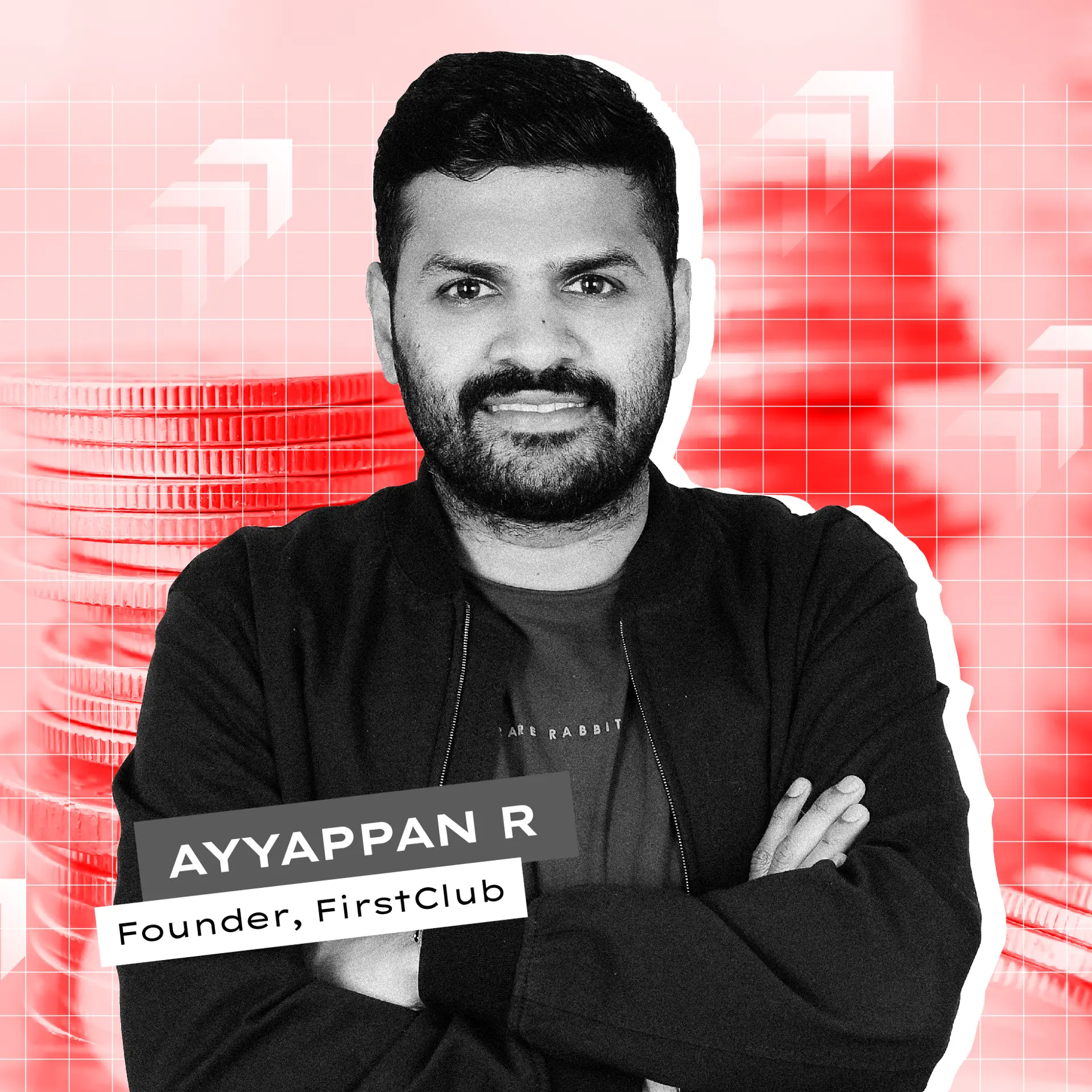Web in Travel, an online travel conference, with Singapore Tourism Board comes to India
Yeoh Siew Hoon is Editor and Founder of Web in Travel (WIT). She is a leading media voice for Asia Pacific’s travel industry.
Before she started WIT, Yeoh was the editor of several travel trade print publications. She wanted to do a pure online play to grow a new market. In 2005, she launched Web in Travel, a travel distribution, marketing and technology conference. In 2008, WIT was awarded the Most Innovative Marketing Initiative by the Singapore Tourism Board. Next week will be a big step for WIT as it ties up with the STB to bring the conference to India.

YS: Tell us about Web in Travel and the platform you have built? What is the addressable market and underlying opportunity you are going after?
YSH: WIT is a content and community platform for travel professionals interested in the online space. It focuses on how technology is changing customer behaviour and how the travel industry is adapting and should be evolving to meet future customer needs. Across Asia, the online market share for total travel is still pretty low – according to PhoCusWright data, in India, it’s only 8.8% of total market, for example. However, the growth rate is higher for online than traditional travel and with high online penetration across the region, plus the advent of smartphones, the online channel has massive room for growth across all markets in APAC.
YS: What got you to startup? YSH: Like everyone else, I knew the Internet would change travel and as a travel trade journalist, I wanted to focus content on how technology was changing travel and bring knowledge to a new market. The best way for any industry to change and adapt is to have access to content and networks, and that’s what WIT has become.
Before I started WIT, I was editor of several travel trade print publications. I wanted to do a pure online play to grow a new market.
YS: You aim to ‘accelerate travel innovation.’ What have you done so far -- what was the drive, intent behind it?
YSH: We started our WIT Bootcamp for entrepreneurs five years ago. As part of that, we run a WIT StartUp Pitch where we encourage startups from zero to three years old to submit their ideas to our panel of judges, who comprise investors and successful travel entrepreneurs. We then select finalists who pitch live at our annual conference and the winner is picked on the day by our judging panel.

Entrepreneurs need exposure for their ideas and need to build confidence to pitch their business. Through pitching their ideas in front of a live audience, it gives these entrepreneurs the right exposure to the right networks and the confidence to build their business.
It wasn’t easy in the beginning because in Asia, five years ago, we didn’t have a culture of standing up in front of crowds and pitching our ideas. People were afraid their ideas would be stolen or they didn’t have the courage to stand up and present.
But over the years, entrepreneurs have seen the value of the WIT platform and community. The biggest value they get out of it is the friendships, relationships and advice they get from our WIT family.
We also run these Pitches now in Japan and Indonesia, which give local entrepreneurs an opportunity as well to be heard.
Some of our winners have gone on to raise funding and expand their businesses.
YS: What differentiates your platform in the market? What is your competitive advantage?
YSH: We are the only platform that offers a news portal as well as a series of events around the year. Our purpose is to spread the love of online travel and to bring as many people onboard. Other than the main Singapore conference, which is our global and regional event, we run WIT editions in the Middle East, Japan and Indonesia. We also run smaller educational workshops in markets such as Thailand, Australia, Cambodia, Philippines, Malaysia and Vietnam.

YS: How do events like India Travel Executive Forum and Travel Rave add value to the tourism ecosystem?
YSH: This is our first event in India. The idea is to bring together experts and leaders in India’s online travel market and create a day of learning and exchange. WIT is part of the TravelRave week and our partnership allows us to create an event that will add value to the Indian market.
YS: What opportunities do you see in India? How can travel startups in India benefit from such events?
YSH: The opportunity in India is massive. Travel startups will benefit from learning about the industry first-hand from established players and from building relationships with their peers. Our events are known for frank discussion and real insights, and so it will be a day of intense learning and exchange. If you come with an open mind, you will learn, and how can that not benefit your startup?
YS: Could you share with our readers some of the latest innovations and technologies that have disrupted the travel space?
YSH: There are lots of trends disrupting the travel space which is why it is an exciting industry to be in. I will focus on two – the smartphone which is changing everything and the sharing economy – companies like AirBnb and Uber – that are redefining hospitality and transportation.
These two trends have huge impact on customer behaviour. They influence the way customers plan and book their travel, and how and where they choose to spend their money.
YS: What kind of challenges did you face through your journey? How did you overcome them?
YSH: As with any new startup, the biggest challenge is explaining what you do and how you intend to achieve that. The best way to overcome that challenge is just to do it, so people can see it. If people can see it, then they can feel it, which means they will then believe in it.
YS: How has the company changed since the acquisition by Northstar Travel Media?
YSH: It hasn’t changed much. We still continue to run WIT and follow through with the plans we had set. Northstar gives us immediate access to more information resources and a global marketplace which would have taken time for us to build.
YS: Any advice for budding entrepreneurs in the similar space?
YSH: Every startup is different. Every story is different. What we did with WIT worked for us because of the timing, the circumstances, and the opportunities at the time. Every entrepreneur needs to be able to read their chosen market and customers well. Always ask the question, ‘what do my customers want,’ not ‘what do I want?’







